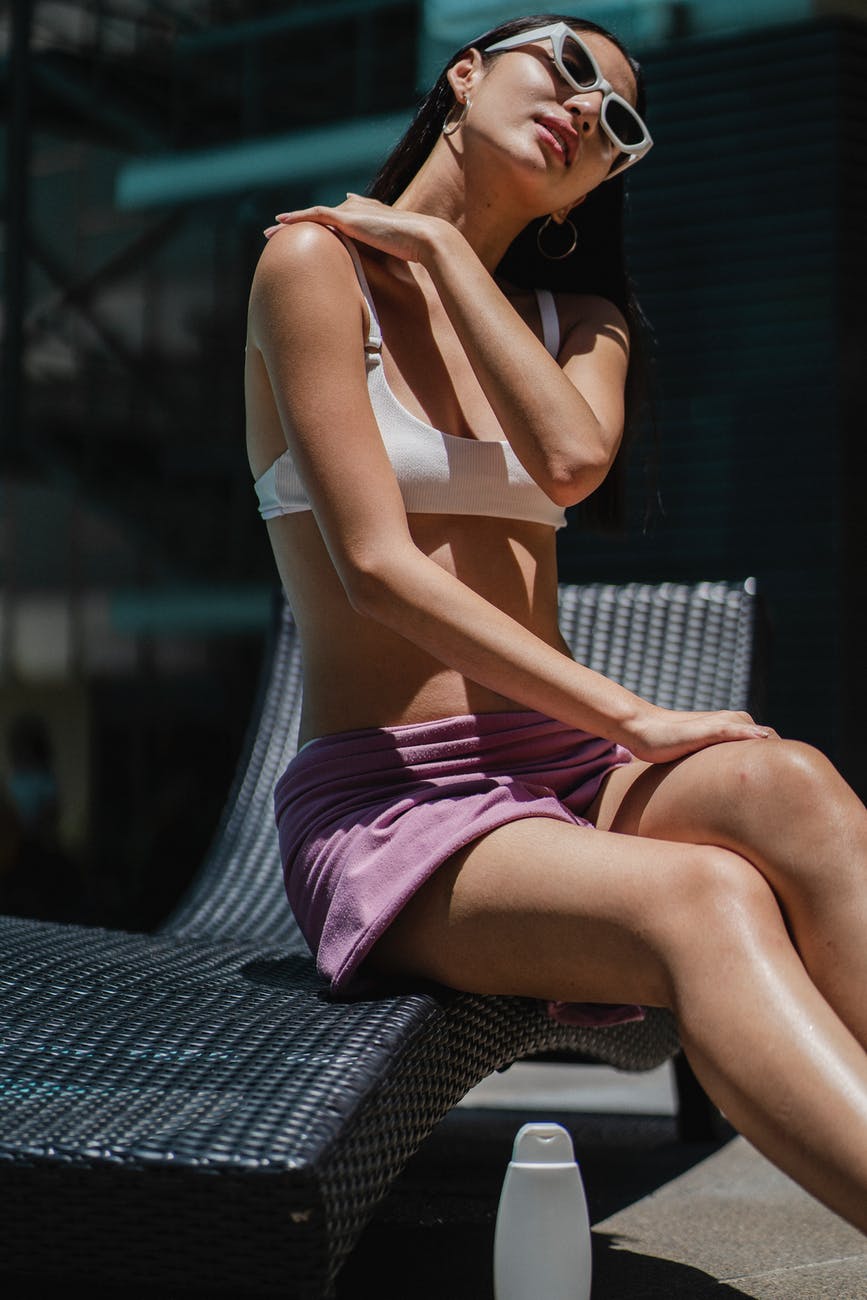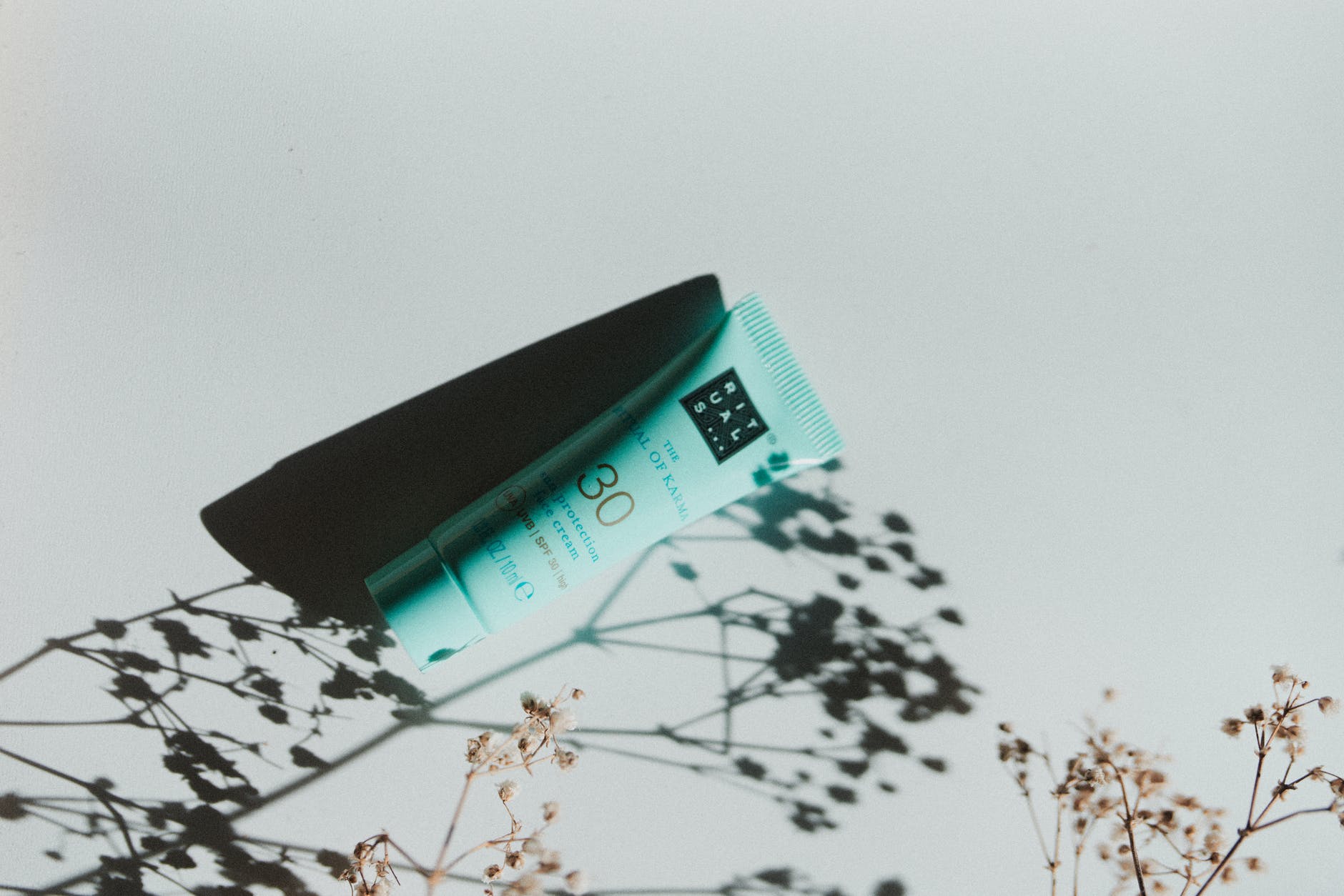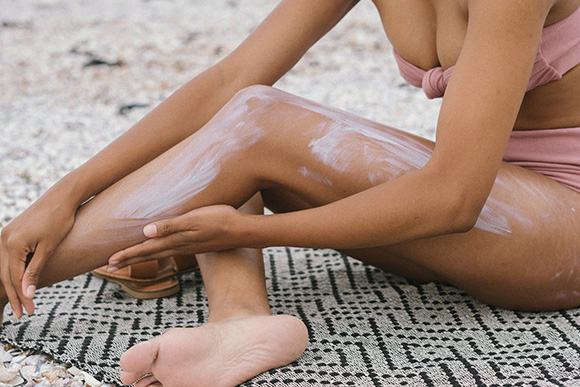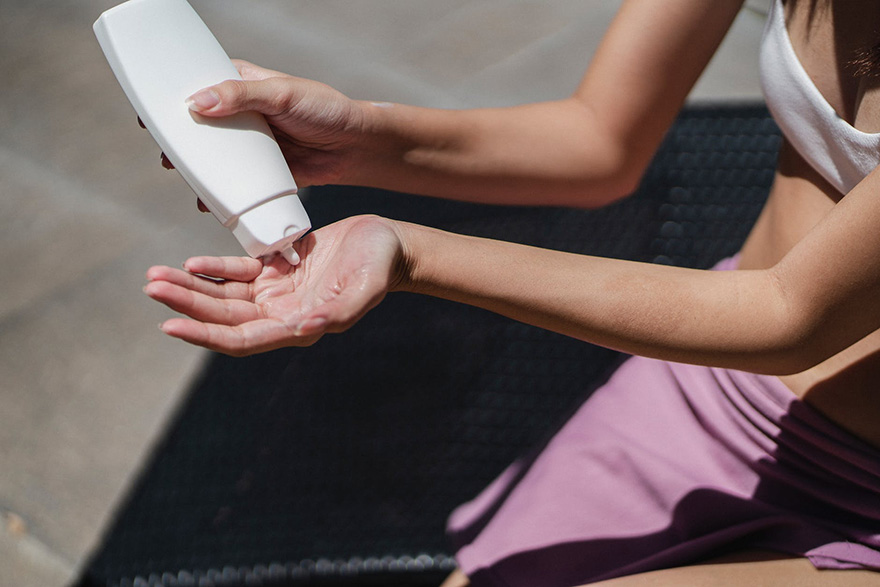Sunny days might be fading, but sun protection is essential the entire year. As we start stepping out of our houses once again, here is the complete guide to finding the right sunscreen for you.
WHY DO YOU ACTUALLY NEED SUNSCREEN?
Just like you need clothes, footwear, sunglasses to cover and protect yourself, you need sunscreen for your face. Sunscreen is the product that protects our skin from harmful sun radiations, which makes your skin dull, dry, patchy, dark, and can even cause skin cancer. They come in different forms with formulas for different body parts, and with different SPF (sun protection factor). With sun protection, they also help in evening out the skin complexion, premature ageing and improve the skin’s overall look and health.
There are so many options, variations, and brands in the market, and that justifies the confusion. So, below is the checklist and significant points that will help you to find the right sunscreen.
SPF (Sun Protection Factor)

Sun Protection Factor, known as SPF, depicts the amount of protection that a sunscreen can provide from the harmful UVB rays of the sun. A sunscreen with SPF 15 provides 93% protection from the sun; with SPF 30, you will get 97% protection, and with SPF 50 98%. SPF doesn’t imply for how many hours the sunscreen will be effective. No matter what SPF you use, it will require to be reapplied after 2 or 3 hours.
❖ For daily use, SPF 15 is best when you have to stay indoors and less outdoors. It is mild and gives enough protection at times of little exposure.
❖ If you have to spend more time in the sun travelling, working, playing games or taking a sunbath on a beach, then any sunscreen from SPF 30 to SPF 50 would work great.
❖ Sunscreens more than SPF 50 works primarily the same. Even a sunscreen with SPF 100 will give you 99% protection against harmful sun rays. But it will surely cost you a bit of fortune.
Broad Spectrum Protection
Broad-spectrum protection is when sunscreen is made to block both UVA and UVB rays. UVA rays badly affect your skin texture, makes it dull, dry, pigmented, and cause premature ageing. On the other hand, UVB rays can burn your skin. Broad Spectrum sunscreen is the one solution to all these problems. If you want to get away with skin burn, premature skin ageing, and skin cancer, then you would want to check if the sunscreen is labelled with broad-spectrum protection or not.
Forms and Formulas

Applying sunscreens, again and again, can be a task, especially when you are outside. On top of that, sweaty summers make it more challenging to use it in the first place. But don’t you ever bargain on the sunscreen and the sunburn for the oiliness and humidity. There’s always a better option.
Sunscreens come in a variety of forms and formulas. The market is flooded with options. Brands make sure that you get the one that suits your skin and is comfortable to carry. There are lotions, creams, gels, sprays, ointments, sprays, wipes, and lip balms. One can choose anything of their choice depending on which body part they need to protect.
Physical or Chemical Sunscreen
Physical and chemical are two types of sunscreens containing different active ingredients that protect skin from the harmful sun rays differently. A physical sunscreen does not react with the skin; it works by blocking the sun rays and deflects them to protect the skin from harmful UV sun rays. It contains zinc oxide or titanium dioxide as primary ingredients. It is very light and gentle on the skin, which makes it suitable for sensitive skin. On the other hand, chemical sunscreen containing multiple active ingredients like oxybenzone and avobenzone works by absorbing all the harmful UV sun rays.
Water Resistance
What’s the point of applying a sunscreen that gets washed away in a minute by the sweat, especially in summers? And when you are a swimmer, then it’s undebatable. You might want to invest in a sunscreen that is unaffected by water. There are a lot of sunscreens labelled under Water-resistant sunscreen. These sunscreens work effectively for a long time underwater or when in contact with moisture. However, one might have to reapply it after 40 to 80 minutes. Each product stays for a particular time, don’t forget to consider that while choosing one.
Skin Specific Sunscreen

The whole conversation about which would be the right sunscreen narrows down to one question, does it suit your skin type? It is the prime factor that decides whether you should invest in that skincare item or not. There are many variations in the sunscreen for all skin types, whether you have dry skin, oily skin, combination, or even sensitive skin.
❖ If you are someone who falls under the category of oily skin, then worry not. There are plenty of water-based, lightweight formulas which can save you from all that creamy, oily mess. You can search for the right sunscreen under the label ‘non-comedogenic; they are specially made to suit the oily skin and do not block pores.
❖ If you have dry skin, then you may look for sunscreens that contain hyaluronic acid so that your skin stays hydrated as well. Sunscreens with thick creamy formula also work well with dry skin. It moisturizes the skin and provides sun protection too.
❖ For people who have sensitive skin, the best option is to go for a physical or mineral sunscreen. These sunscreens are very light and gentle on the skin. They contain zinc oxide and titanium dioxide that protects the skin and do not burn or sting eyes. Avoid any sunscreen with chemicals that can be harsh on the skin.






